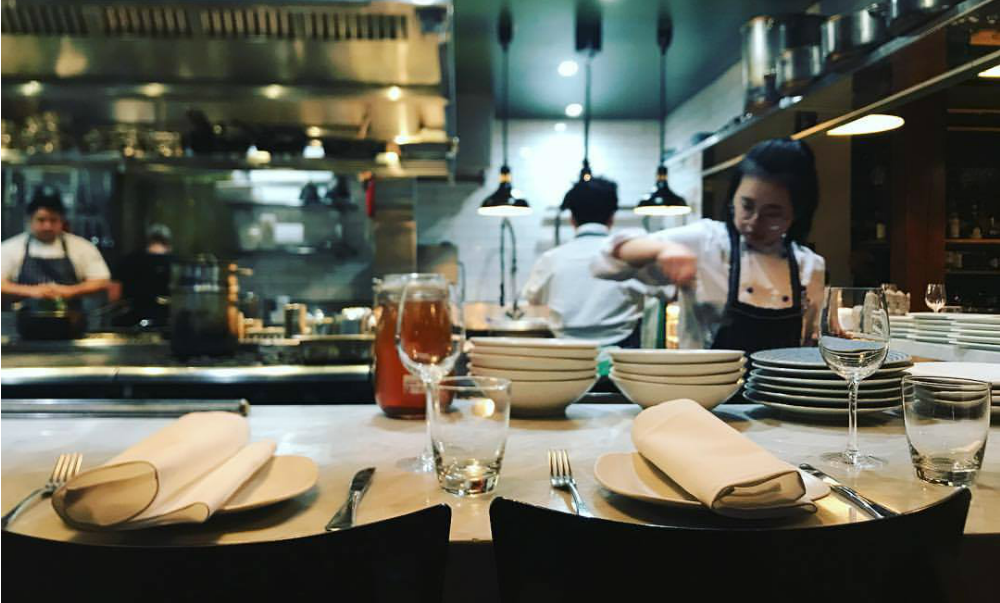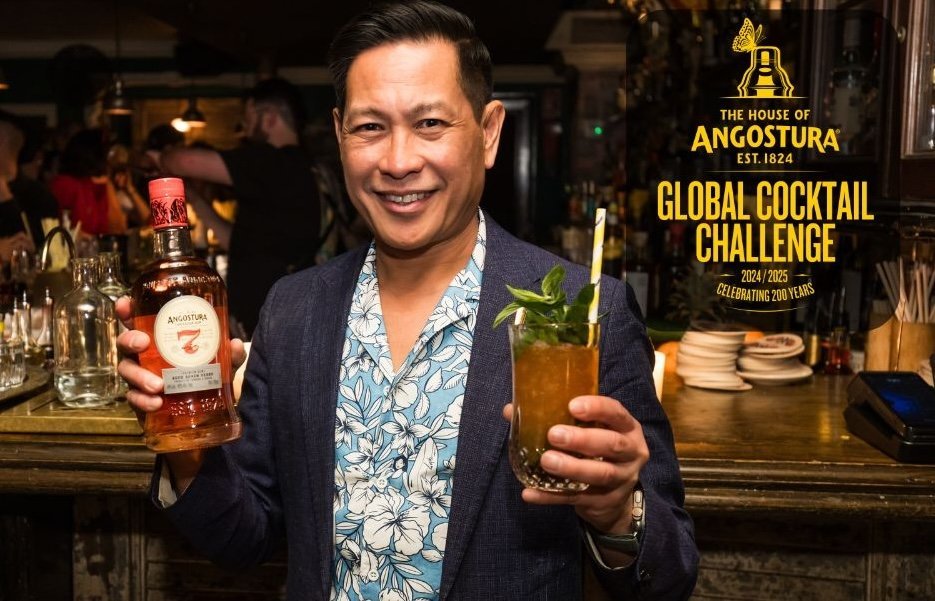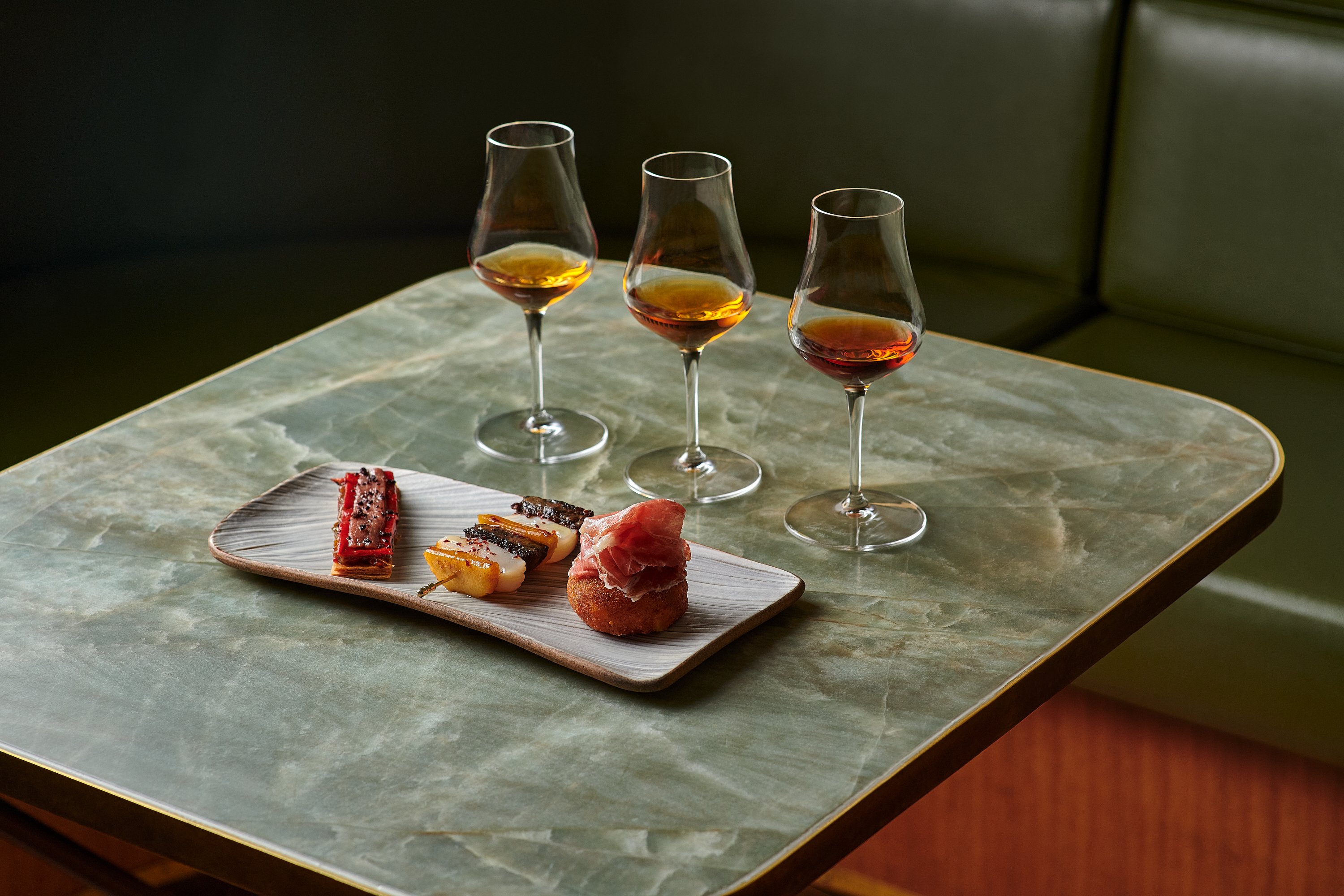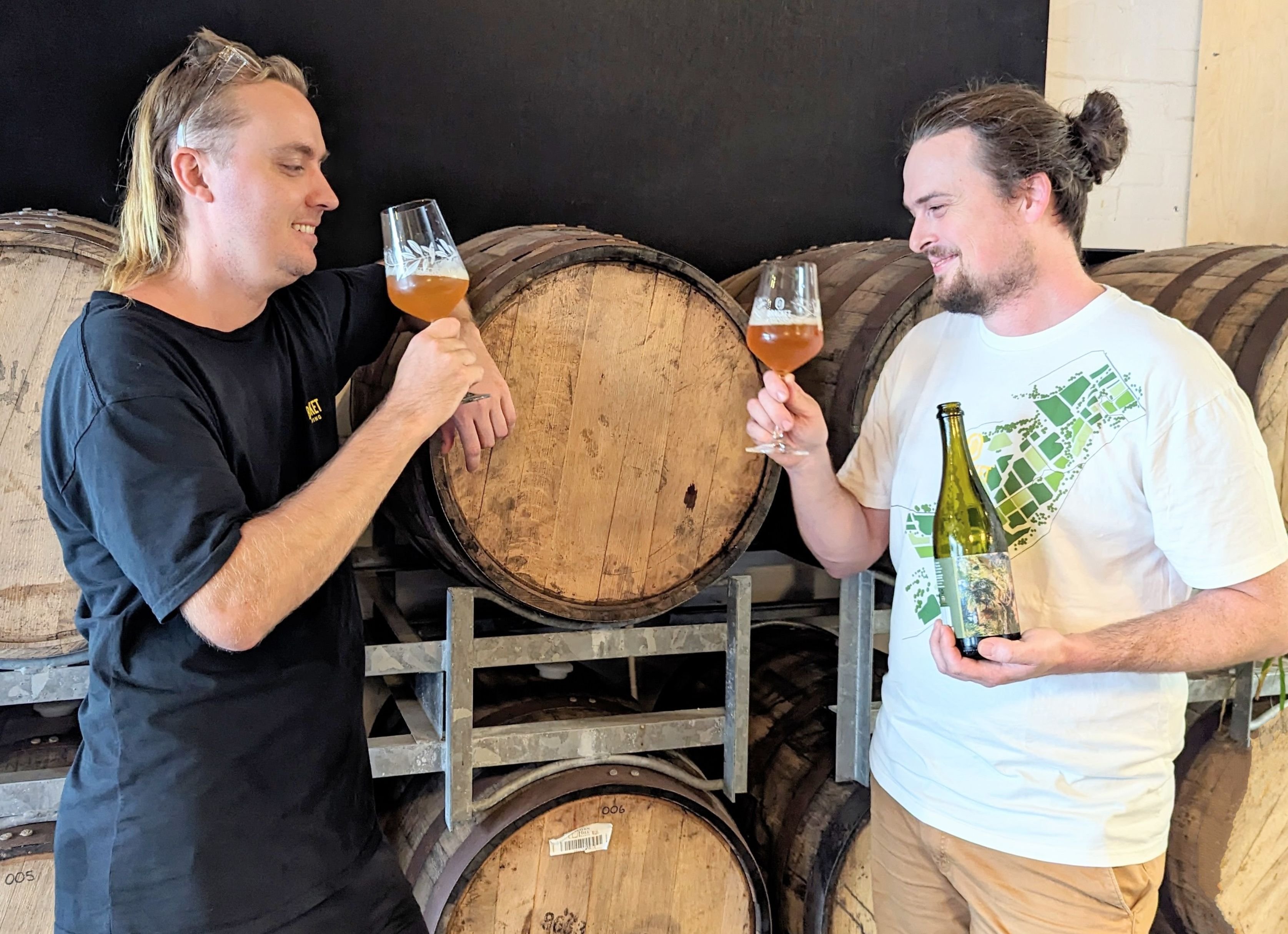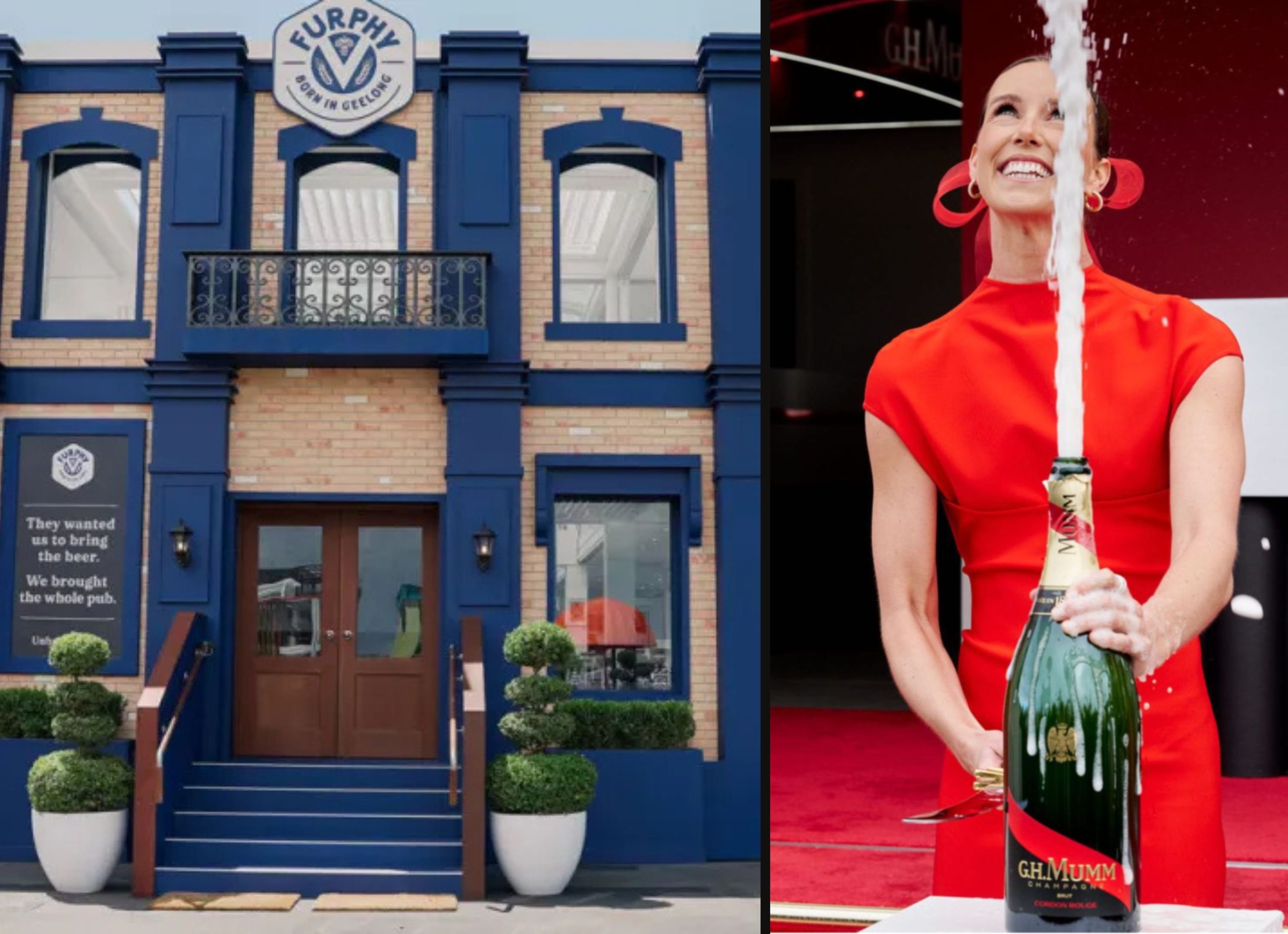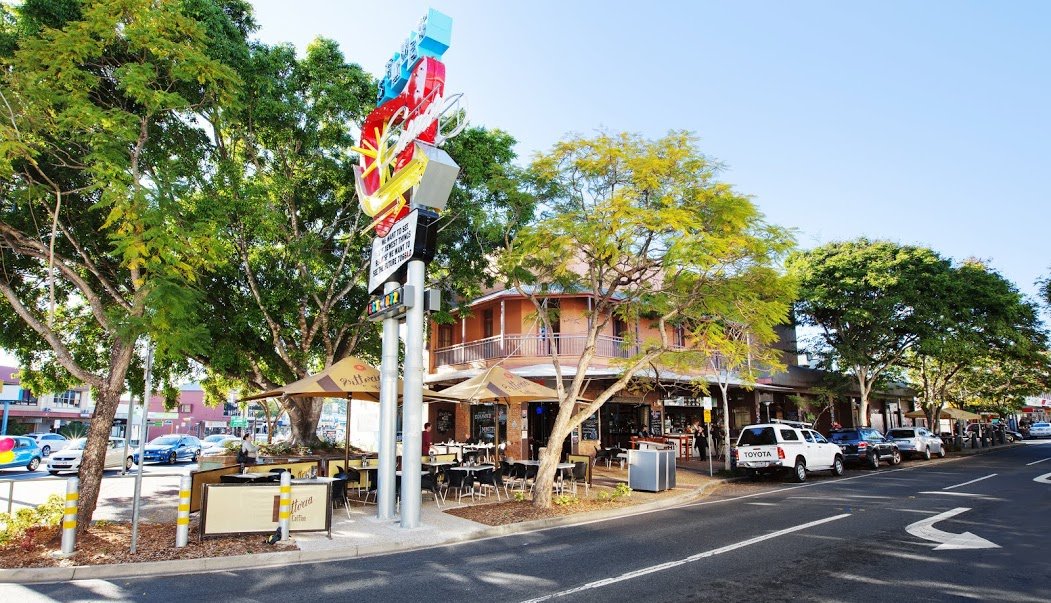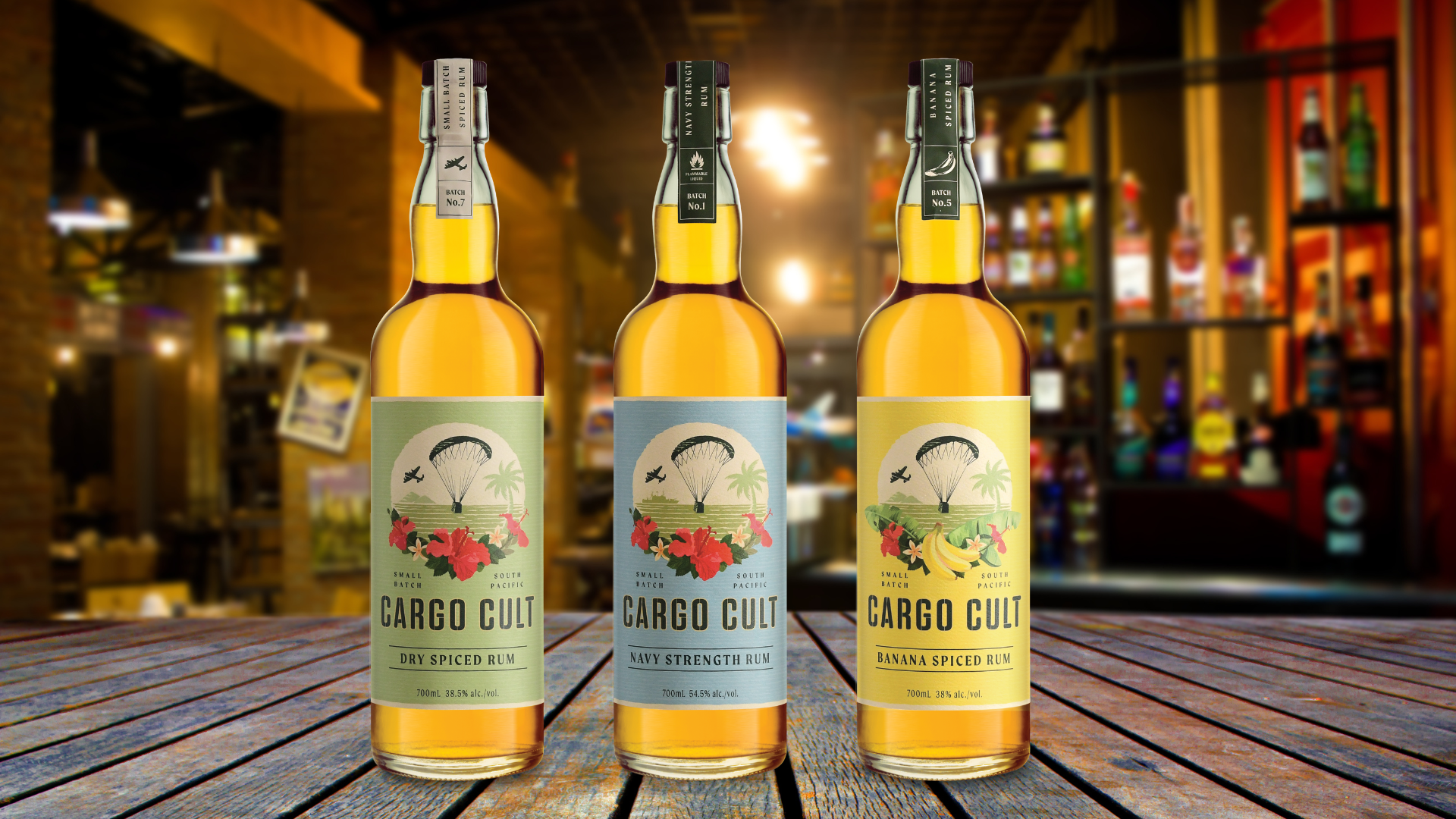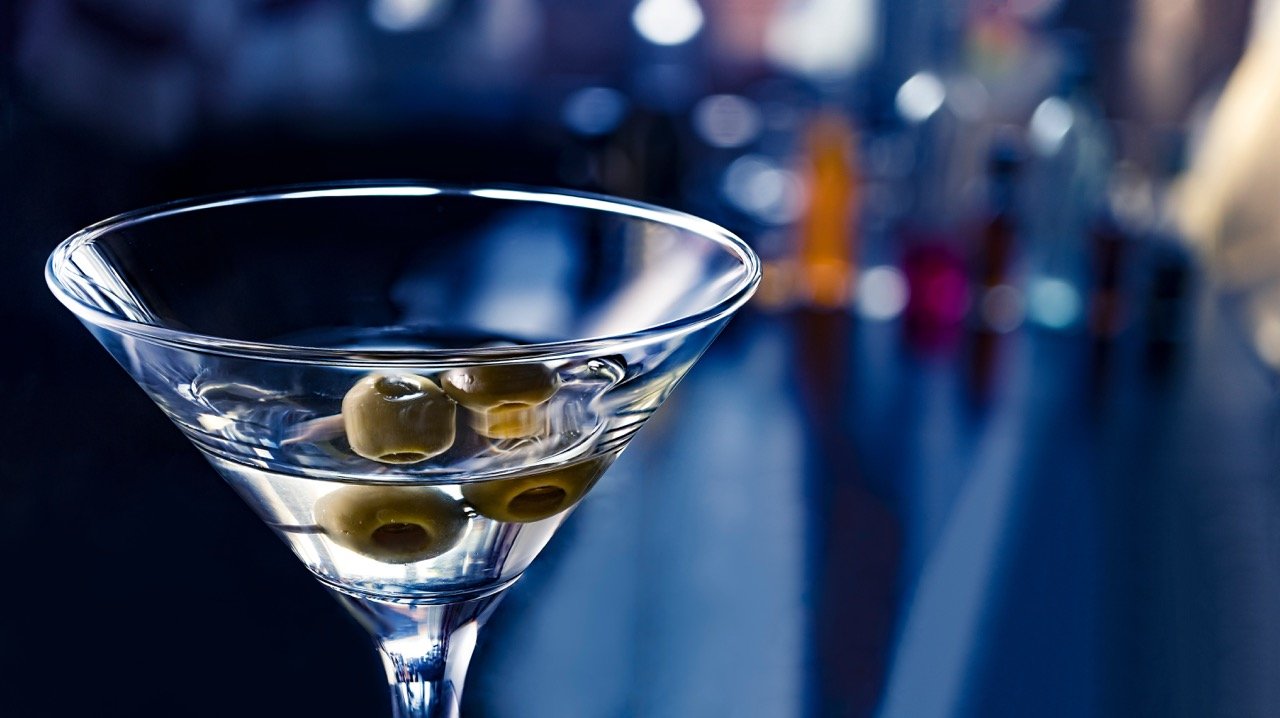There is growing concern for the health of the Australian hospitality industry as it battles falling restaurant bookings and uncertainty during the coronavirus crisis.
The situation has become even more critical following the Government's decision to close Australia's borders. Scott Morrison announced a strict new travel ban on all non-residents coming to Australia, to go into effect on Friday night, March 20.
Employer body the Council of Small Business Organisations Australia (Cosboa) and the United Workers Union both say hospitality businesses are in crisis, have started closing and are laying off staff.
UWU spokeswoman Karma Lord said the government's new ban on gatherings of more than 100 people would make the situation even worse.
Rocket Bar & Rooftop in Adelaide is among those that have announced their doors are closed indefinitely due to the decision.
“Due to the recent updates from the Australian Government; Electric Circus, Mr Kim’s, Rocket Bar & Rooftop have all taken the initiative to close immediately and moving forward for the foreseeable future until regulations are lifted,” it said.
According to a recent survey by Broadsheet, 89.2% of restaurants say their business has been affected by the coronavirus crisis.
One anonymous respondent said: "I thought we were holding on okay. Business was down a little, but the minute they closed our borders, things changed dramatically. It’s almost like people realised, ‘This is bad’. The phone didn’t stop ringing with cancellations. Sunday, March 15, business dropped by 50% with that announcement."
Another noted: “The level of anxiety and stress is overwhelming for staff, business owners and customers. We had up to 100 cancellations a day last week."
NAB analysis of online booking service OpenTable has revealed a 30% drop in restaurant bookings over the year to March 16, against a 1% drop over the 12 months to February 1.
NAB economist Kieran Davies said the “steep” decline in the short history of this data series was “eclipsed” by the collapse in restaurant bookings in other advanced countries, where Irish restaurants have suffered a 70% drop in online bookings, and around 60% falls in Germany, Canada and USA.
Meanwhile, the Australian Restaurant and Catering Association told ABC News restaurant sales were down by up to 90%, which they blamed on the coronavirus crisis and summer bushfires.
Celebrity chef Colin, who runs By Fassnidge at Banksia Bistro and 4Fourteen, also fuelled panic by announcing during a Morning Show interview: “We’ve been told on the quiet to be ready to close down Sunday - that’s restaurants, pubs and clubs.
“It’s more or less going to be Sunday or a few days after. I’m a bit worried today, so we’ll see what happens."
Fassnidge said restaurant bookings on a Saturday night would normally see 150 guests, but last weekend he only had 20.
While the Australian government hasn't moved to close restaurants and bars yet, owners are introducing new safety measures, such as making more space between tables, limiting the number of customers in store, upping hygiene checks.
Restaurants & bars move to contactless payment
To help contain the spread of COVID-19, many operators in Australia's hospitality sector have decided to only accept cashless payments.
Melbourne's Made in the Shade group has announced its venues - The Everleigh, Heartbreaker, and Bar Margaux - will only be accepting contactless payments from now on.
Brisbane-based fine dining restaurant Labart has taken precautions a step further by temporarily closing its restaurant. Instead, the restaurant is offering take-away meals that will be available for pick-up from the restaurant. The restaurant has set up an online ordering and payment system to minimise physical contact.
"The ordering will all be done online and the food (packaged in brown paper bags) will be placed on the counter for the customer to pick-up so there is no physical contact required," co-owner Karla Munoz Labart told ZDNet.
Diageo supports ailing UK pubs
Diageo has launched a £1m fund to support bar staff wages in UK pubs.
The fund is designed to help pay a proportion of staff wages if venues are forced to close.
Diageo managing director Dayalan Nayager said: “The British drinks trade is facing one of its most challenging times ever and we want to help our communities when they need us most.
“We all need to come together to support the trade and I would urge all my fellow drinks producers to do what they can to help our British pubs, bars and retailers and restaurants over the next few months.”
Diageo also said it will try to help smaller retailers, pubs and bars by providing “flexibility on order size and allowing smaller customers to manage their inventory”.
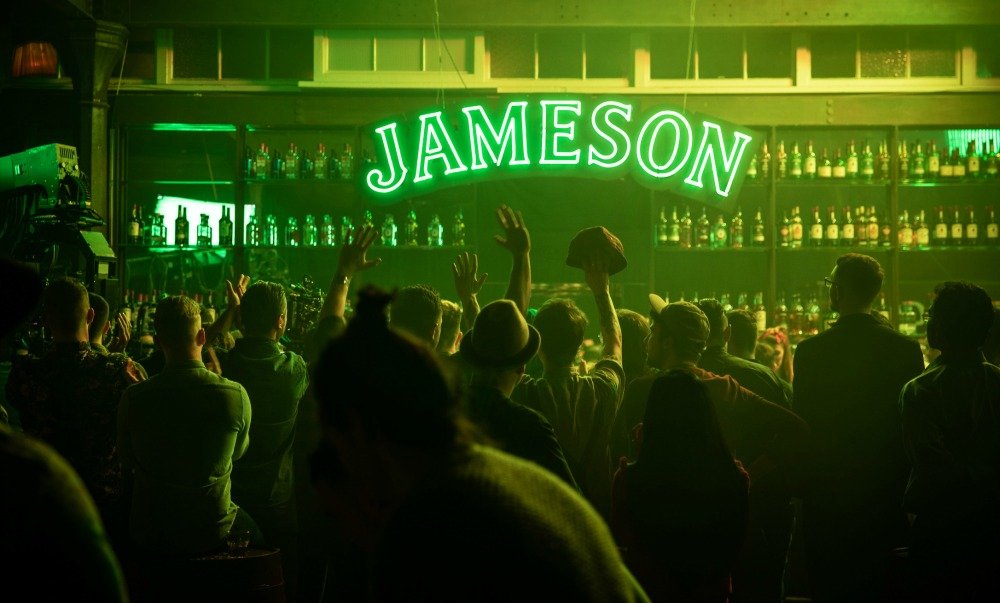
In the US, Pernod Ricard's Jameson Irish Whiskey has donated $500,000 to the United States Bartenders Guild's Bartender Emergency Assistance Program.
The pledge was made on St Patrick's Day, with Jameson noting: “Normally on St. Patrick’s Day, we’d be celebrating our favorite holiday with everyone at the neighbourhood bar. And, while many may not be able to get together the way they’d like to right now – we know that only one thing is certain – we need to keep the spirit of this holiday alive together. At Jameson, that means standing behind the people that have made Jameson what it is today: our neighborhood bartenders. We are pledging $500,000 to support the charity of the United States Bartenders’ Guild, because we know that there may be some hard roads ahead for members in this community. To our local bartenders: You’ve always had our backs, and we promise to always have yours.”
Share the content
